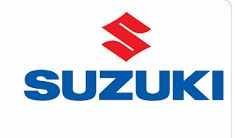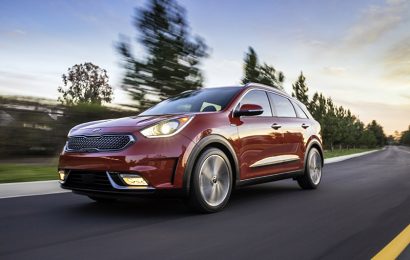
The management of Hyundai Motor Company has signed a memorandum of understanding (MoU) to work with the South Korean government along with logistics, battery and mobility companies for electric vehicle (EV) battery leasing, use and reuse business.
The carmaker signed the MoU with South Korea’s Ministry of Trade, Industry and Energy as well as Hyundai Glovis, LG Energy Solution and KST Mobility for the rental of electric taxi batteries and the sustainable reuse of EV batteries in energy storage systems (ESS).
Through this agreement, Hyundai aims to foster an EV ecosystem by alleviating the initial cost burden of EV purchases and providing innovative services that enable eco-friendly reuse of batteries, the company said in a statement.
Under the agreement, KST Mobility, the taxi operator, will sell the ownership of batteries in the newly-purchased EVs to Hyundai Glovis, the battery lessor. KST Mobility then pays a monthly fee for battery usage. As a result, KST Mobility is able to have lower initial investment for EV purchases.
When the batteries are swapped after extensive use, the removed batteries are reused in energy storage systems (ESS) for the fast-charging EV taxis. To save cost, ESS is charged in the middle of the night when electricity rates are at the lowest and then charges EV taxis during daytime when electricity is more expensive.
In this business model, Hyundai will oversee overall business operations while selling battery electric vehicles (BEV) to KST Mobility. Hyundai is also responsible for providing battery warranty and replacement batteries for vehicles that return batteries after use.
Hyundai Glovis will operate a battery rental service and recover batteries after the initial use. Recently, Hyundai Glovis acquired a patent for a container that can transport large quantities of used batteries.
LG Energy Solution will analyse safety and residual value by purchasing batteries after use. It will also install these batteries into ESS units for fast-charging service and sell them to KST Mobility to utilise the chargers for its fleet of EV taxis. The driving and battery data from these EVs are shared with all parties under the MoU.
Agency reports explained that the Ministry of Trade, Industry and Energy plans to actively support the project in consultation with relevant ministries.
With the commercialisation of battery rental service, Hyundai Motor expects that customers will be able to purchase BEVs at the lower cost because they will only pay for the vehicle excluding battery cost. This is expected to foster EV adoption and expand the EV ecosystem.




